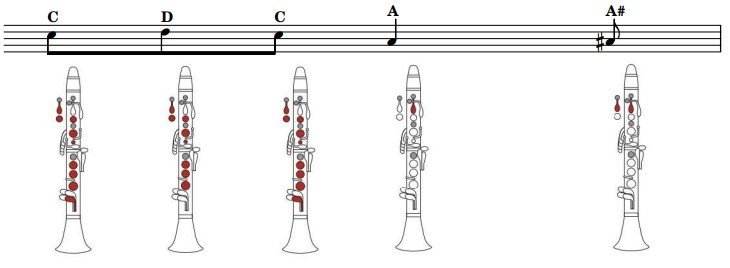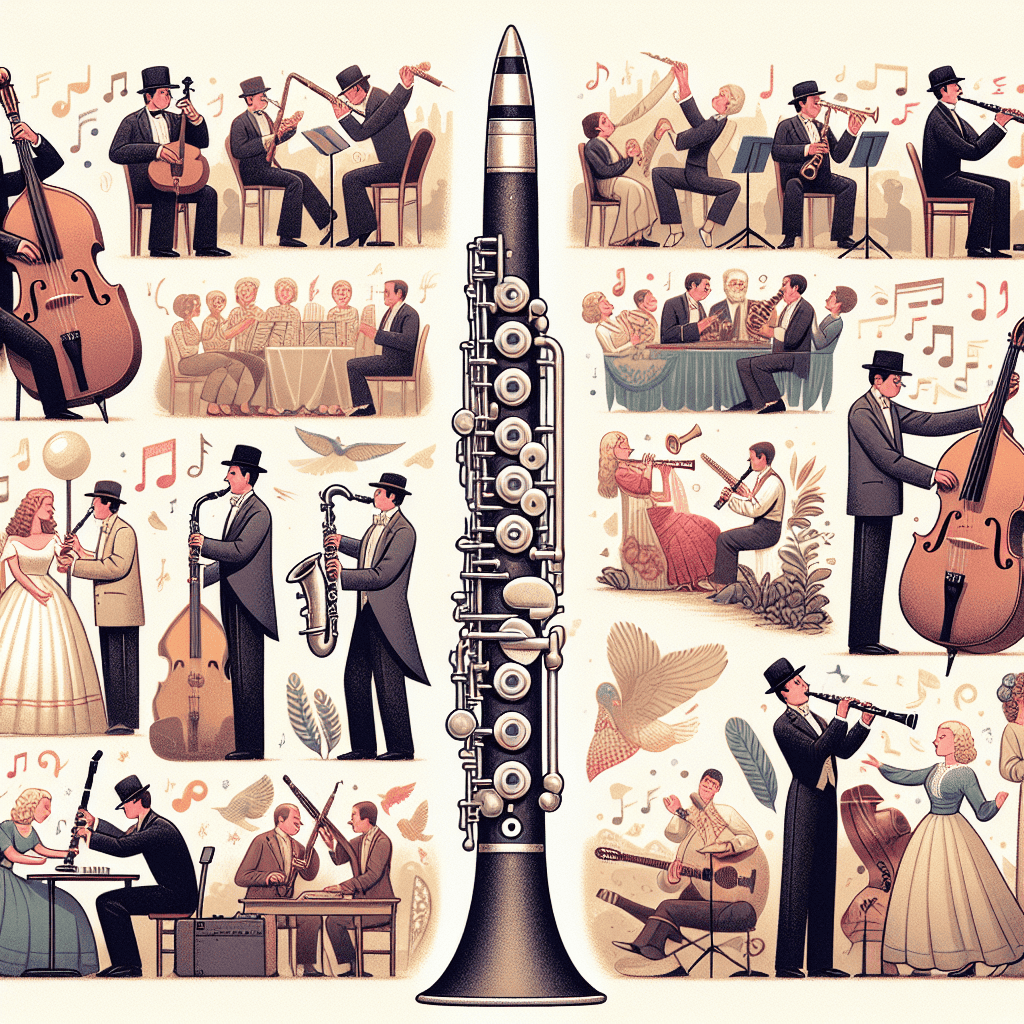A Legacy of Musical Excellence
Since its founding in Paris, the Martin Freres name has represented the pinnacle of woodwind craftsmanship. For generations, our master artisans have created some of the world's finest clarinets, each instrument a testament to unparalleled acoustic quality and innovative design.
Each Martin Freres clarinet embodies a piece of musical heritage, meticulously crafted with time-honored techniques and an unwavering dedication to excellence that has defined our legacy in the classical music world.








